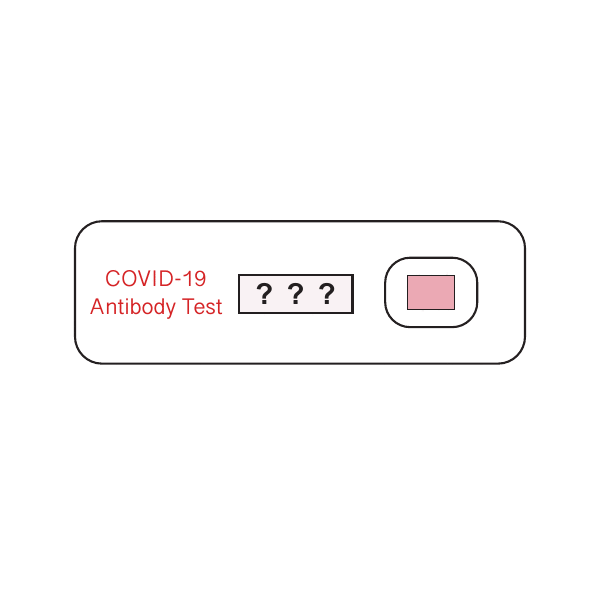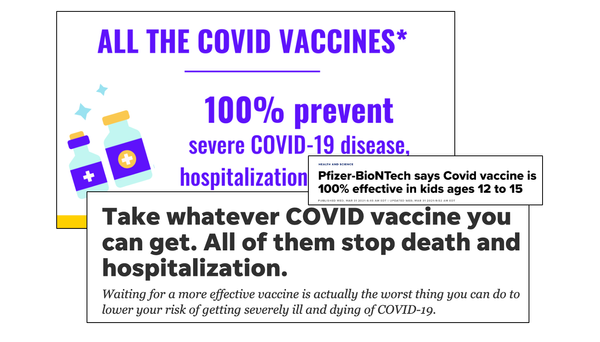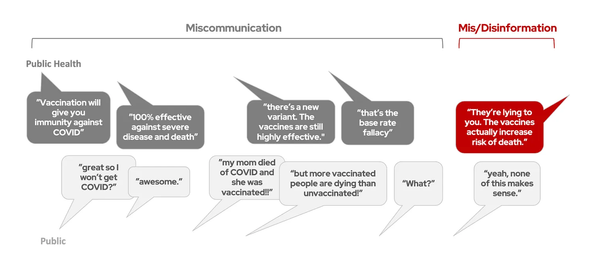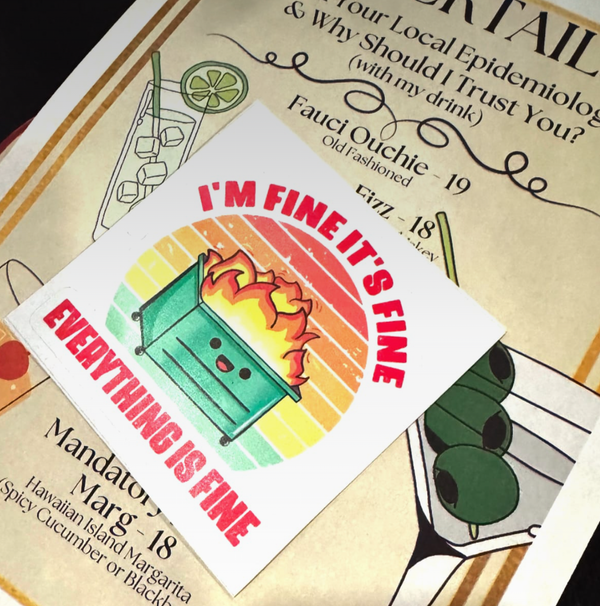COVID-19 Antibody Tests – Do They Work, and What Do They Mean?

Guest post by Dr. Caitlin Miller, virologist and immunologist!
This post is not intended to provide medical advice; if you have questions about health concerns please consult with your physician.
In my last post, we talked about how the body develops immune responses to viruses. Now that we’ve tackled that, let’s talk about the COVID antibody tests – and what we do and don’t know.
The two big questions right now for COVID-19 are:
1) Does everybody who gets exposed to SARS-CoV-2 make antibodies against it?
2) How long do those antibodies last?
Does everyone exposed to SARS-CoV-2 make antibodies against it?
While we don’t know for sure, studies coming out are showing that most people who have been infected with SARS-CoV-2 do make antibodies against the virus. Also, it seems that there are very few (or perhaps zero) cases of people becoming re-infected with COVID-19, which suggests that the first infection triggers the body to make an immune response that is protective. Both of these sound like good news, right? Well, they are! But they also have some “excepts” that need to be talked about.
We're not sure what happens for people who are asymptomatic
First, most of the studies testing if people develop antibodies after getting COVID-19 are limited to people who were hospitalized, and these people are (of course) generally very sick. The antibody response in people with mild disease or people who are entirely asymptomatic has not been studied as well, so we are less sure about it in this group of people. Why is it hard to study them? Generally, there wasn’t enough testing available early on to check if people with mild symptoms were infected, and without that data we can’t tell who didn’t actually have the disease versus people who had the disease but didn’t make any antibodies. I’m sure bigger studies will take place soon, now that our ability to test people is improving. That will help us answer this, but right now we still don’t know for sure if everyone who gets the virus will make antibodies against it.
Is everyone who has SARS-CoV-2 antibodies protected from re-infection?
Secondly, the big thing we don’t know is how many antibodies we need to keep us safe from reinfection. Not all antibody responses are equal, and some people will make more than others. This is generally why it’s not a good idea (yet) to issue what the media is calling “immunity passports.” The idea behind immunity passports is we measure people’s blood for antibodies against COVID-19, and anyone who has them can be allowed to essentially go back to normal living. Since we don’t have a good idea of how much antibody is needed to provide protection, we don’t have a good cut off for who would truly be safe in this situation.
How long do antibodies to SARS-CoV-2 last?
Another reason scientists are concerned about using “immunity passports” right now is that we don’t know how long SARS-CoV-2 antibodies will hang around in the body. For many viral infections that we get, our immune system has life-long protection against them. If that’s true, you may say, ‘well then why do I get a cold every year?’ or ‘why do I need a new flu shot yearly?’ Well, let’s discuss colds first and then the flu, because there are two different reasons for this, each of which also applies to COVID-19.
SARS-CoV-2 Antibodies: Lessons from the Common Cold
The reason you’ve probably gotten a cold multiple times in your life is two-fold. First, what we call the cold is actually about a dozen different viruses that can infect you, so getting infected with one cold virus won’t necessarily protect you from all of the others (some of these happen to also be coronaviruses that are similar to SARS-CoV-2). Second, for reasons we don’t understand, our immune memory to these viruses (specifically how many antibodies we make against them) drops really quickly with time. This makes us vulnerable to re-infection once enough time has passed. At this point, we don’t know if this is also true for COVID-19, and until we do it will be difficult to know how long antibodies will protect us from COVID-19 re-infection. We do have a few clues so far… studies in animals infected with SARS-CoV-2 are showing resistance to re-infection for at least 30 days, but looking farther out than that takes time. We can look at what we know from the very closely related SARS-1 virus – studies have shown antibodies were still present for 2-3 years after infection. However studies of another related virus, the MERS virus, showed variable antibody responses, with some milder cases making little to no antibodies, and most antibody production dropping off after a few years (references 1, 2) . With SARS-CoV-2, it could be anyone one of these outcomes… maybe people will be protected for years like with SARS-1, or maybe people (especially people who had mild cases) will have lower protection like with MERS. We are more or less stuck waiting to see how this plays out by studying people who have been infected, and seeing what their antibody levels do over time.
Will the coronavirus mutate?
Now let’s talk about the flu (influenza), and why you need a new flu vaccine yearly. Everyone familiar with viruses and sci-fi probably understands the idea of mutation- or the virus changing to become more (or less) deadly. This would also potentially allow for reinfection in people who have high antibody levels if the virus changes in a way that prevent the antibodies from recognizing it. This is how HIV works- it mutates quite rapidly to escape the immune system (and this is why it’s been so hard for scientist to make a vaccine). I want to note right now – mutation is random and is just as likely to make viruses weaker as it is to make them stronger. The good news is coronaviruses, including SARS-CoV-2, have a way to check themselves for mistakes, unlike HIV. This makes it much less likely that these types of viruses will mutate rapidly. Fortunately, this is what we’re currently seeing with COVID-19: it has had a fairly low mutation rate so far. Unfortunately (and this is when we talk about why you need a flu vaccine every year) coronaviruses, like influenza, are good at swapping chunks of their genes with related viruses to make a new virus. This can only happen when a person or animal is infected with two related viruses at the same time (like two different strains of flu or two different types of coronaviruses). This is why we need a new flu vaccine every year – the different flu strains circulating around like to switch it up, and we have to make the vaccine match the new strains that these switch-ups created. This is also likely where SARS-CoV-2 came from: two different coronaviruses infected a single animal (most likely a bat, but that is still unclear) and they swapped some genes to create something new (SARS-CoV-2). Since coronaviruses are good at infecting many different types of animals as well as humans, it is certainly possible that this type of genetic switch-up could happen again. We don’t know if/when this will happen again, but having two viruses play tradesies with their DNA is something scientists are concerned about. If it does happen, then (like the flu) we can’t expect our antibodies to keep us safe, because we would be dealing with a new strain of coronavirus. The good news is… it is fairly rare for this to happen, and if we make a vaccine that works against this coronavirus, it will be fairly easy to change a bit to protect us against new coronaviruses (like we do for the flu vaccine every year).
How accurate are the coronavirus antibody tests?
Lastly, a topic that I think deserves some discussion is that our ability to measure antibodies is still a little hit-or-miss. Usually tests like these go through a fairly slow process that includes lots of quality control checks along the way. However, we are in the middle of a pandemic, so many countries are trying to rapidly rush antibody tests into production, both to better understand how many people have actually been infected and for that “immunity passport” thing (which, as we’ve discussed, is not the best idea right now). There’s been a good amount of confusion about these, so I’ll keep it pretty simple. In theory, there’s no reason a test measuring antibody levels shouldn’t work – these types of tests are made all the time. The challenge is making sure the test is both specific (they only recognize antibodies to SARS-CoV-2 and not related coronaviruses like those that cause the common cold) and sensitive (it can accurately measuring the amount of antibody you have, even at low levels). In order to make sure the test is both specific and sensitive, scientists need really good samples to evaluate the test. That means samples from people who 1) had confirmed SARS-CoV-2 infection, and 2) have already recovered from that infection (it takes your immune system a few weeks to start making lots of antibodies, so people who are sampled too soon after infection will show up negative for antibodies, even if they were truly infected). Samples that fit these criteria are still somewhat limited, but because demand for the test is ever-increasing, some of the tests coming out are falling into the category of just “good-enough” rather than “good.” Despite these challenges, I am confident a reliable test will be available soon (some are already looking very good). However, even with a good test, it’s still important to remember what we’ve talked about in regards to the unknowns around coronavirus antibodies:
1) It takes time for antibodies to be made by the body (so if you test too soon after infection, the result will be negative even if there truly was an infection) and
2) We still don’t know how much antibody is needed for protection nor how long our body will keep making them.
Well, now we’ve gotten the complicated stuff out of the way, here’s a bit of opinion. I know things are really hard right now- it’s confusing to know what to believe and what are the right choices to make. But it is a good time for us to ask questions if we have them, and come together as much as we can, rather than letting this divide us. I will also say that I do believe at some point life will return to what we call normal, though maybe with better systems in place to detect and understand infectious disease (let’s keep funding science, yay!). In the meantime, it’s important to listen to public health authorities in your area and follow those guidelines, as they are intended to keep everyone as safe as possible.
Dr. Caitlin Miller is a post-doctoral researcher studying immunity and infectious disease at University of Colorado Medical Center. Her PhD thesis focused on the molecular mechanisms of HIV infection, and her current research focuses on understanding broad scale immunological mechanisms that protect organisms from infection.




